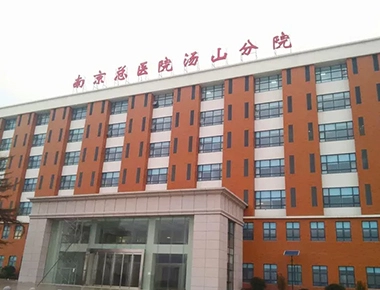Fire doors are commonly used opening and closing fire separation components in various types of buildings. The normal opening and closing of fire doors can ensure that personnel can quickly and safely evacuate in the event of a fire. Fire and smoke isolation prevent the spread of fire and smoke, playing a crucial role in reducing fire losses.
If the fire prevention is not in a normal state due to poor management or other reasons, the fire door will become ineffective in the event of a fire, losing its function of evacuating personnel and preventing smoke and fire. Therefore, it is necessary to monitor the daily working status of fire doors in real time and effectively. Fire doors that are in abnormal conditions should be promptly alerted and measures should be taken to restore their normal working status, so as to ensure that the function of fire doors is intact and meet the requirements of on-site fire command, such as ensuring safe evacuation of personnel, effectively suppressing fire spread, and preventing smoke diffusion in case of fire.
The national fire industry regulatory department has formulated the GB29364-2012 "Fire Door Monitor" national standard, which regulates the management of the status of building fire doors through the fire door monitoring system, and achieves unified management, display, and control to ensure that fire doors play their due design functions.
The fire door monitoring system consists of a fire door monitor SCK980-B, an intelligent electric door closer SCK910-KY, and monitoring modules SCK910/920-K, SCK910/920-B, and SCK910/920-BY.
System Characteristics
The monitor adopts a 10 inch industrial grade LCD touch screen
Non polarized two wire bus (power supply+communication), supporting any branch wiring
The circuit wiring can achieve a transmission distance of 1500 meters using 1.5mm2 twisted pair cables
Secondary password setting function for easy maintenance and management
The monitoring module supports automatic or manual encoding
Large capacity historical record storage function, with a storage capacity of up to 10000 pieces of information
Equipped with communication ports such as RS485 and Ethernet, facilitating the transmission and storage of various data
Real time online monitoring of the status information of normally open or normally closed fire doors
With real-time printing function, various types of information stored by the printing controller can be set according to actual needs
System Architecture
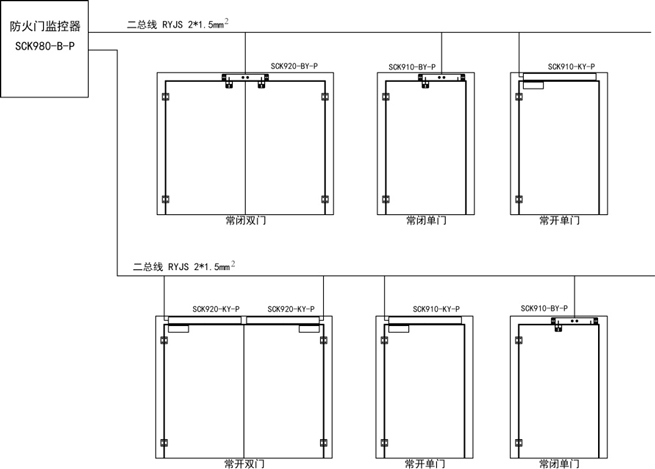
System Introduction
01 Real time monitoring
The operations that can be queried or executed in the real-time monitoring interface are as follows:
Real time display of fire door faults and other malfunctions
Overview: Number of 4-way bus nodes and number of online circuits
The status of each node (fire door) under each bus
Read or set the relevant parameters of each node (monitoring module)
Host power monitoring
Real time fire door fault display
When a fire door malfunction occurs (abnormal opening or closing), the current real-time fault information will automatically pop up. Users can search for the cause of door failure on site based on address information (or annotation information). After the fault signal is removed, the reset button can be pressed to perform the reset operation.
Overview page
Click "Real time monitoring" to enter the overview page, where you can view the enabling status of the downlink bus, as well as the number of connected nodes (devices) and circuits. As shown below: Bus 1 has 16 node devices, and Bus 2/3/4 is turned off.
02 Fire door fault record
In the fire door fault record, historical information related to door faults can be queried, and the selected record information can be printed through the print button.
03 Other fault records
In other fault records, historical record information related to faults can be queried, and the selected record information can be printed through the print button.
04 Equipment parameters
The operations that can be queried or executed in the device parameter interface are as follows:
System parameters (such as language, printer, buzzer enable, etc.)
Host uplink communication parameters: RS232, RS485, Ethernet, etc
Host downlink bus communication parameters, bus registration, etc
05 Linkage control
The monitor motherboard comes with 4 relays that can be set to work in different modes, such as door fault output, feedback output, etc
The monitor motherboard comes with 2 active switch inputs, which can be used for normally open door linkage. When a linkage signal is received, a linkage door closing command will be issued to all normally open doors on the downlink 4-way bus.
Product selection
Fire door monitor
Split type fire door monitoring module
Integrated fire door monitoring module (for normally closed fire doors)
Regional extension
The SCK960 regional extension is mainly used for networking large-scale fire door monitoring systems; Equipped with one downward fire protection secondary bus, capable of monitoring up to 64 sets of normally closed fire doors downwards; Equipped with sound and light alarm function and Chinese prompt for alarm location, helping users quickly and accurately determine the fault location; Can record more than 10000 fault alarm events, supporting silencing, self checking, and resetting; Fully electronic coding, can be rewritten on-site through monitoring equipment or buttons, and engineering debugging is simple and reliable.
Communicate with the fire door monitor through the fire protection secondary bus to achieve timely reporting of fault alarms.
This area extension is suitable for networking small fire door monitoring systems, which can help users quickly determine detailed fault alarm locations and extend the communication distance of the bus.
SCK950 bus repeater
Repeaters are mainly used to extend the communication distance of the fire protection secondary bus and improve the load capacity of the fire protection secondary bus.
The maximum communication distance can be increased by 1200m.
The maximum power supply distance does not exceed 500m, and the maximum load capacity is 2A. It can carry 64 sets of normally closed fire door monitoring modules, 32 sets of single leaf normally open fire door monitoring modules (16 sets of double leaf fire door monitoring modules).
Connected to the monitor via the fire protection secondary bus, using transparent transmission method, suitable for any fire protection secondary bus host in our company.
When the bus is short circuited, the bus power is automatically cut off and communication is suspended. After the short circuit is restored, communication will automatically resume.
Take the fire power supply on-site as the working power supply and flexibly build a large capacity monitoring system.
Compact body (200X150X120 mm), easy to install.

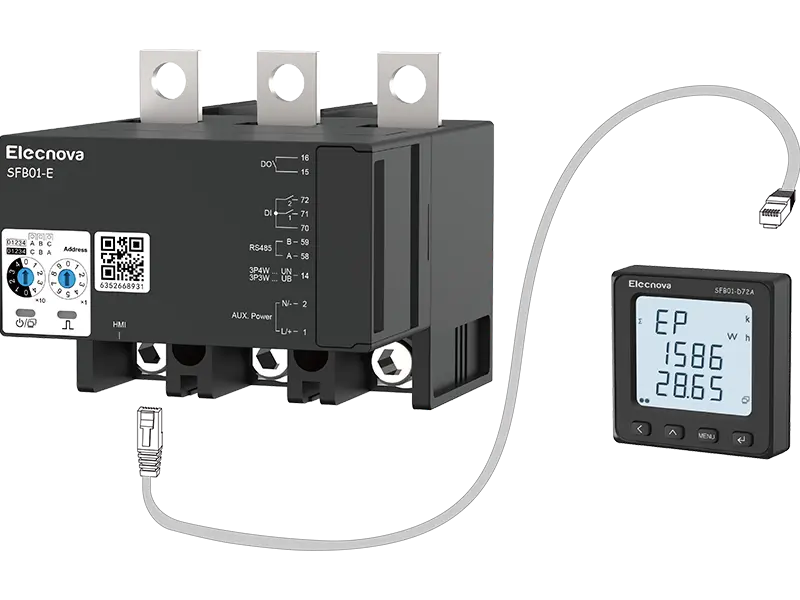
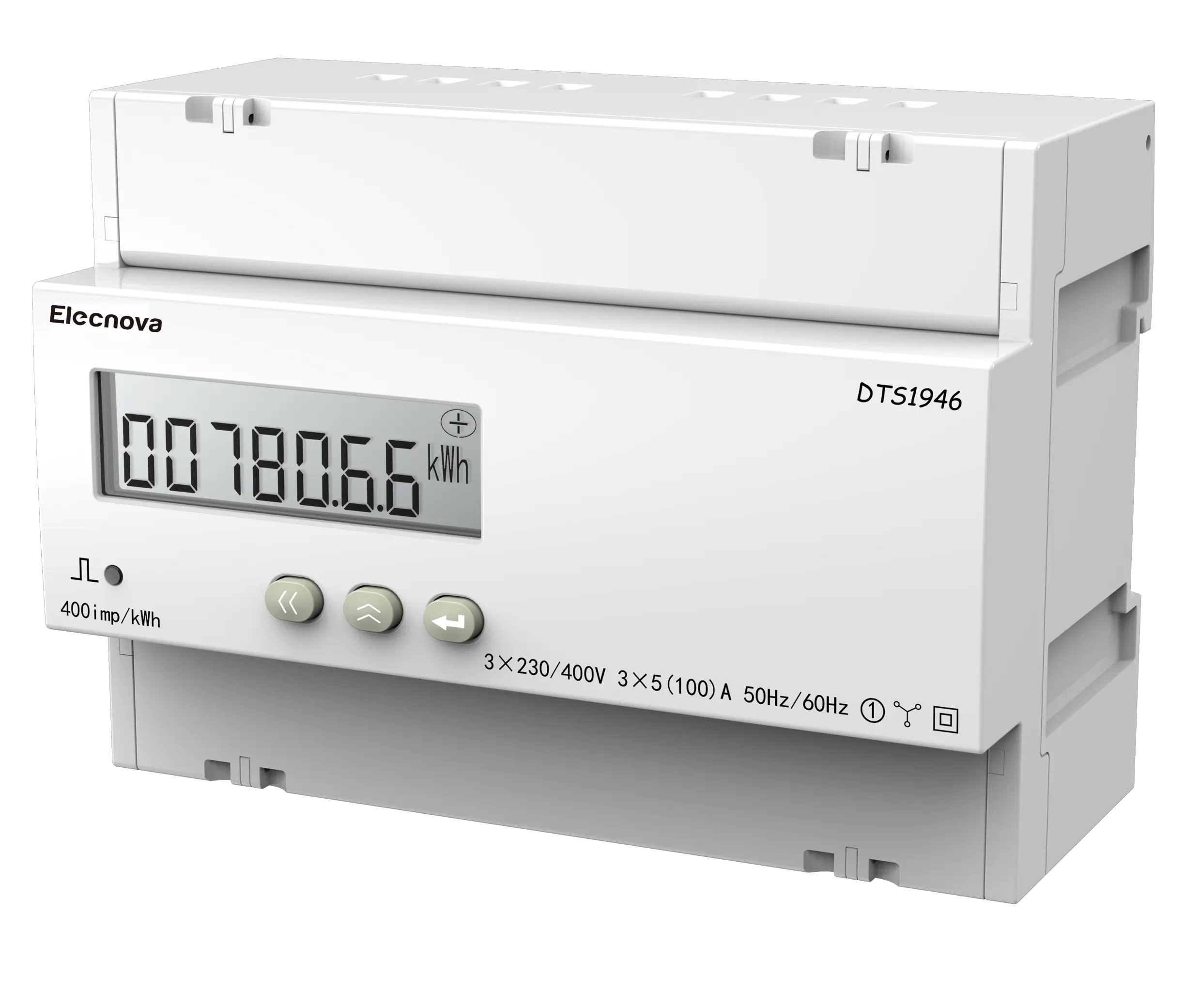
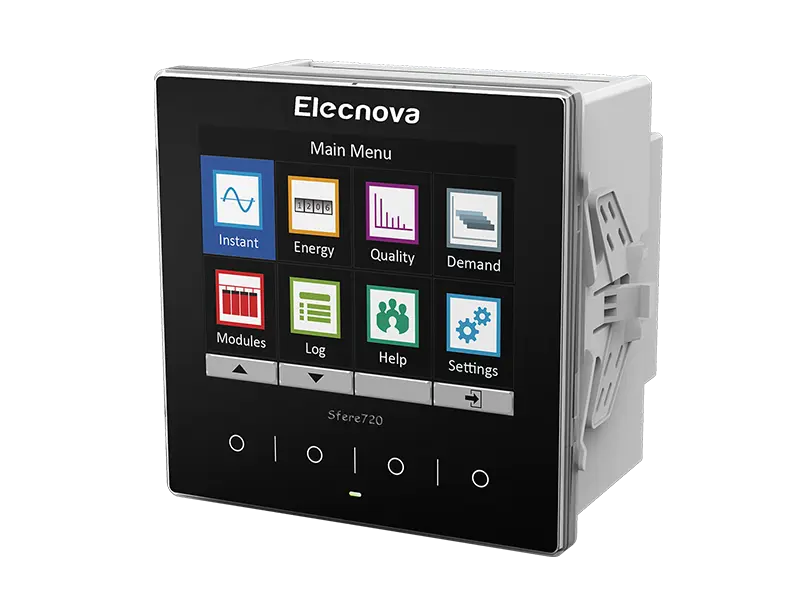
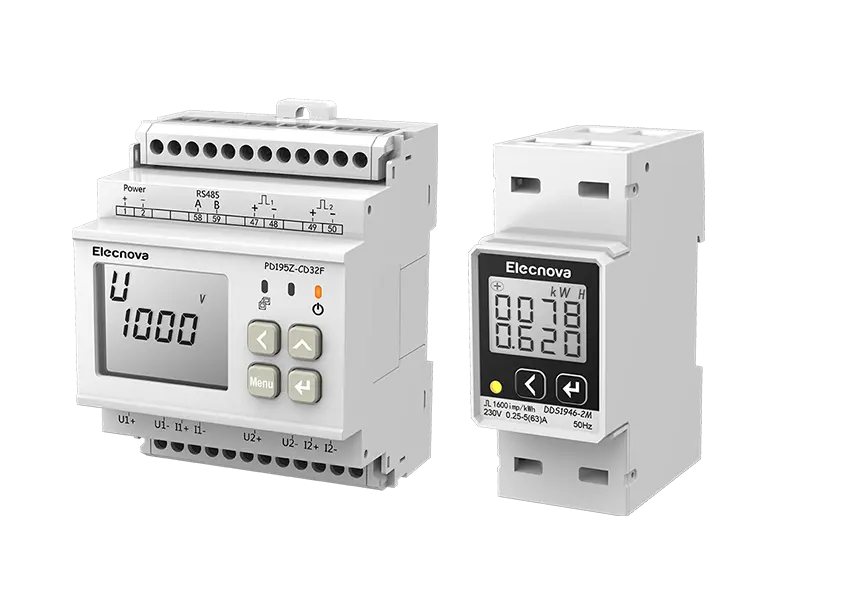
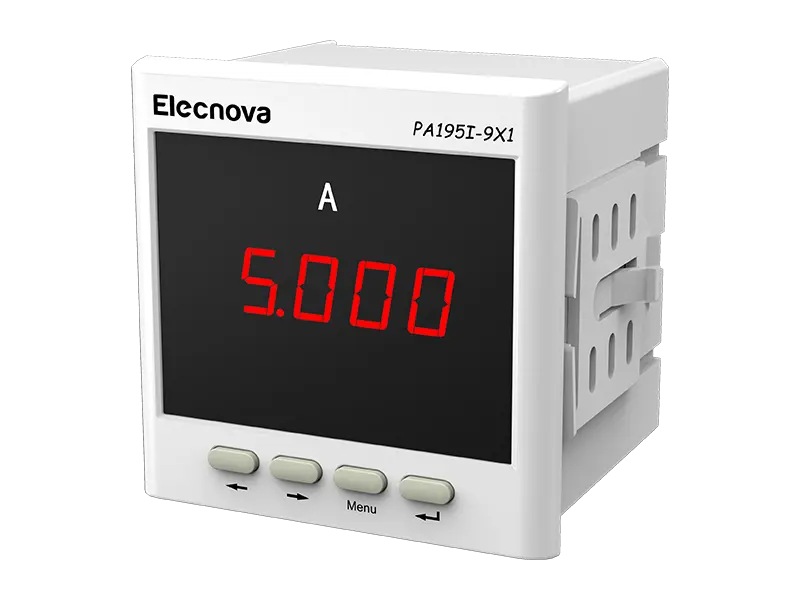
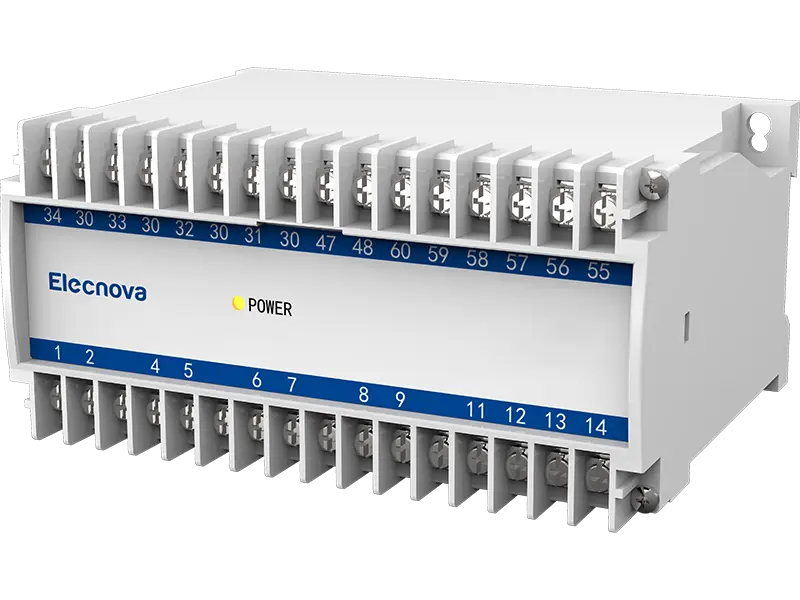
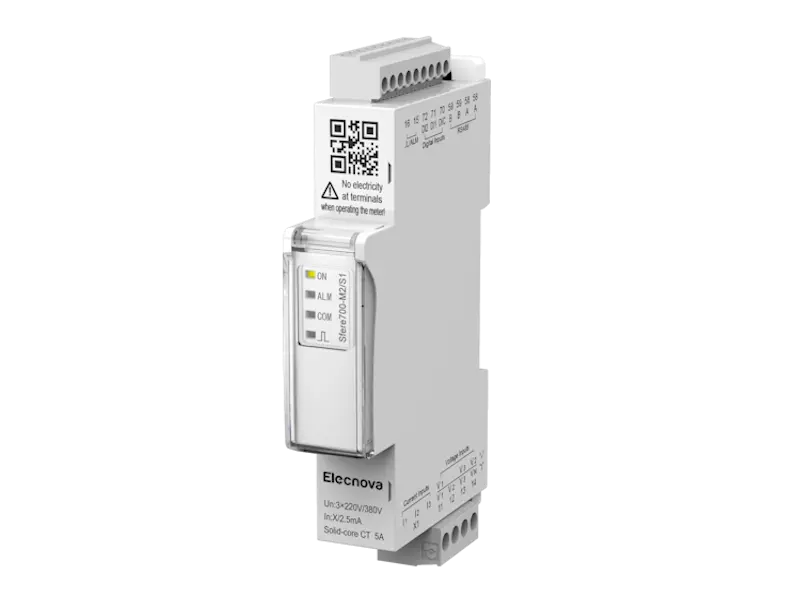
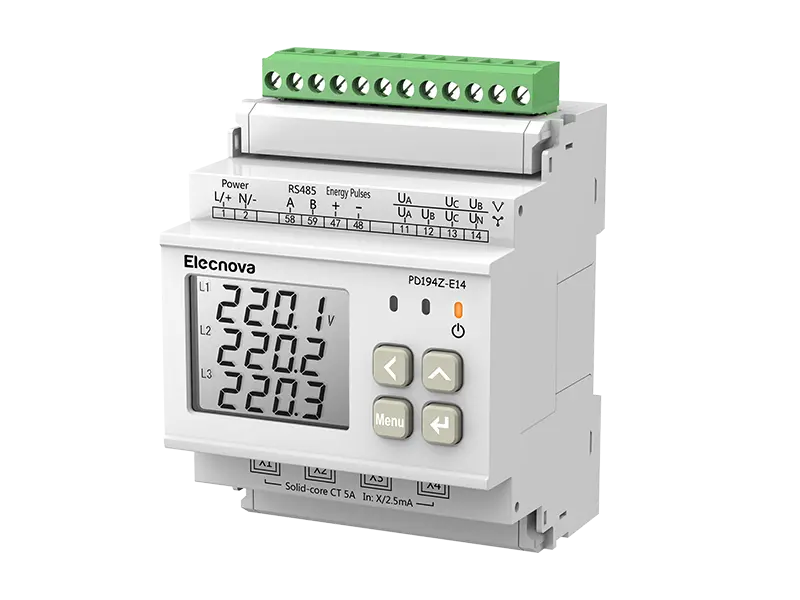
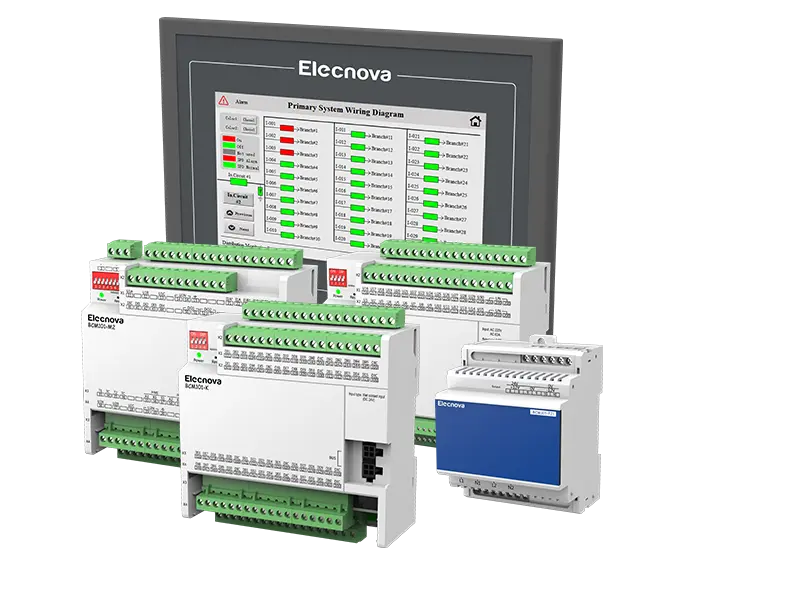
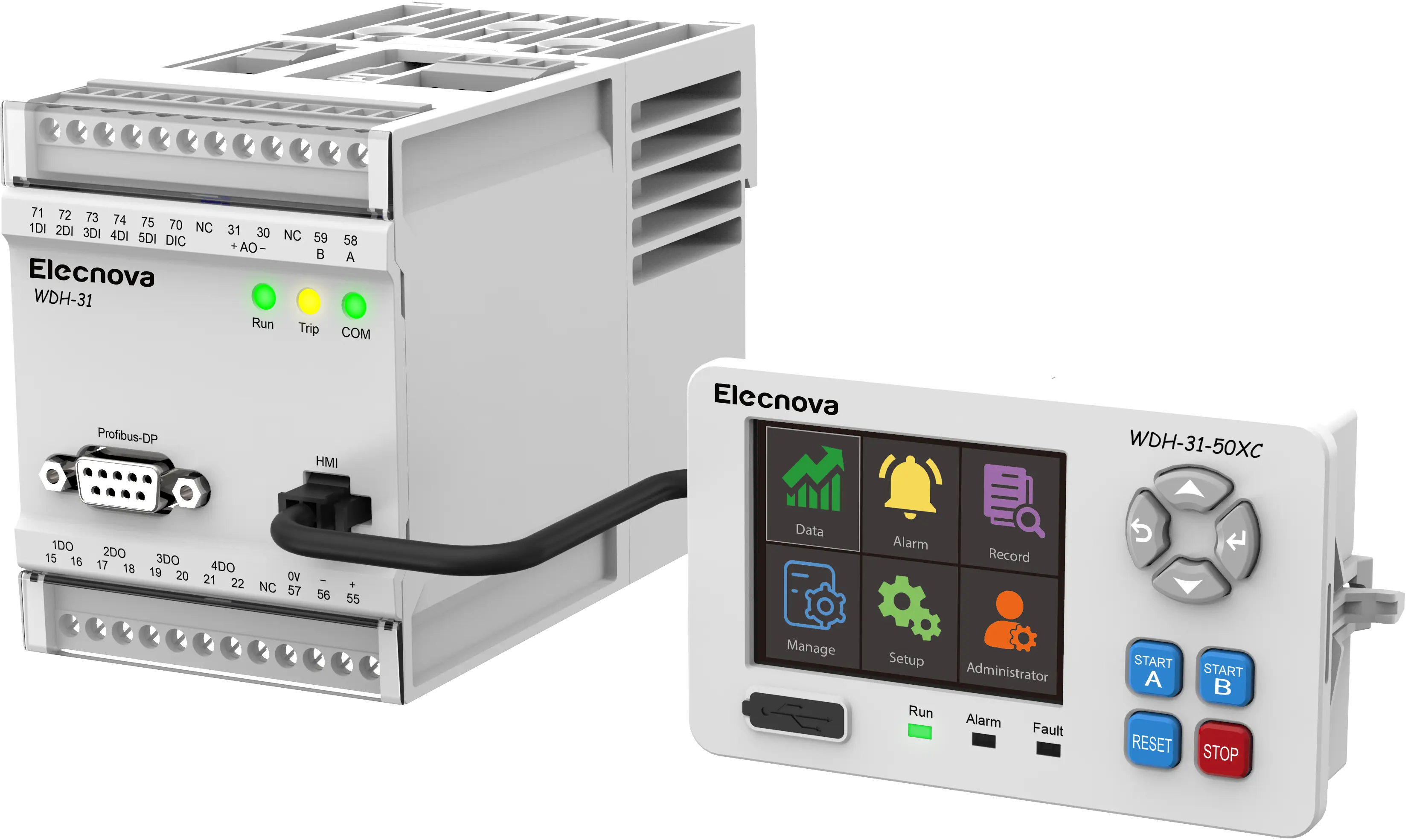
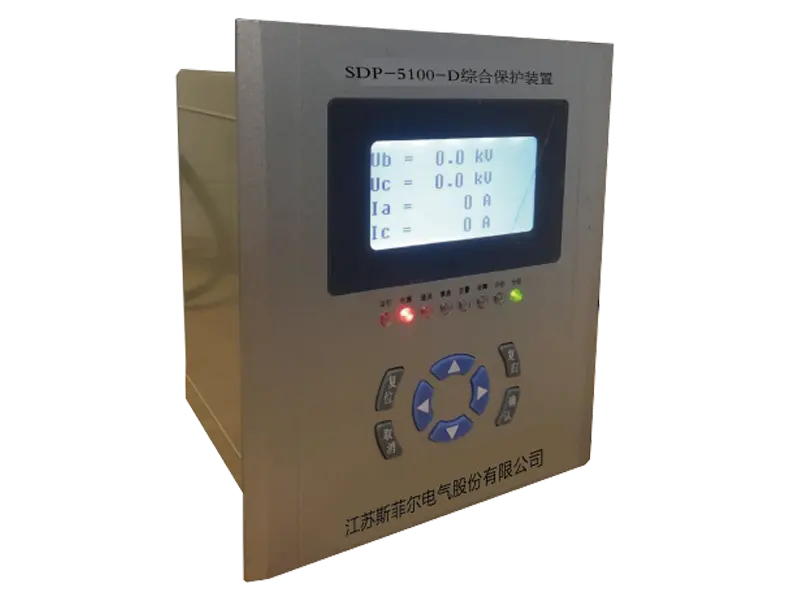
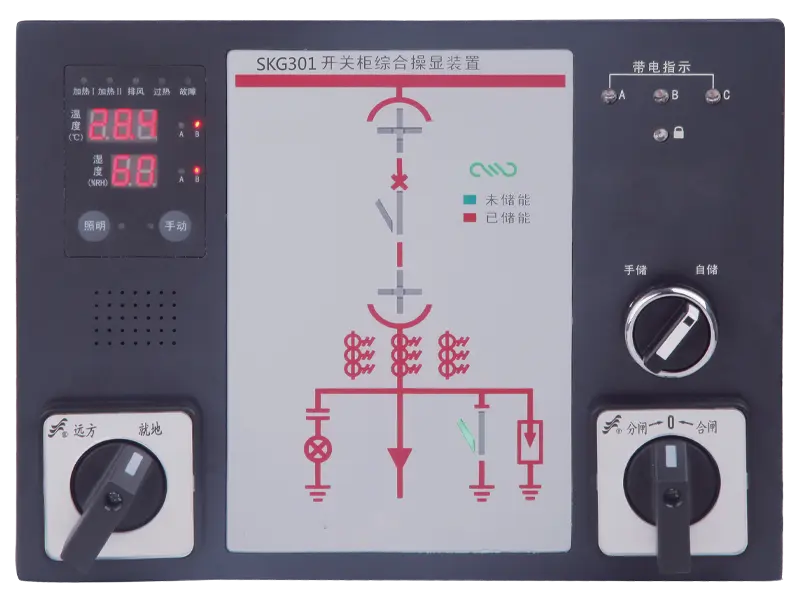
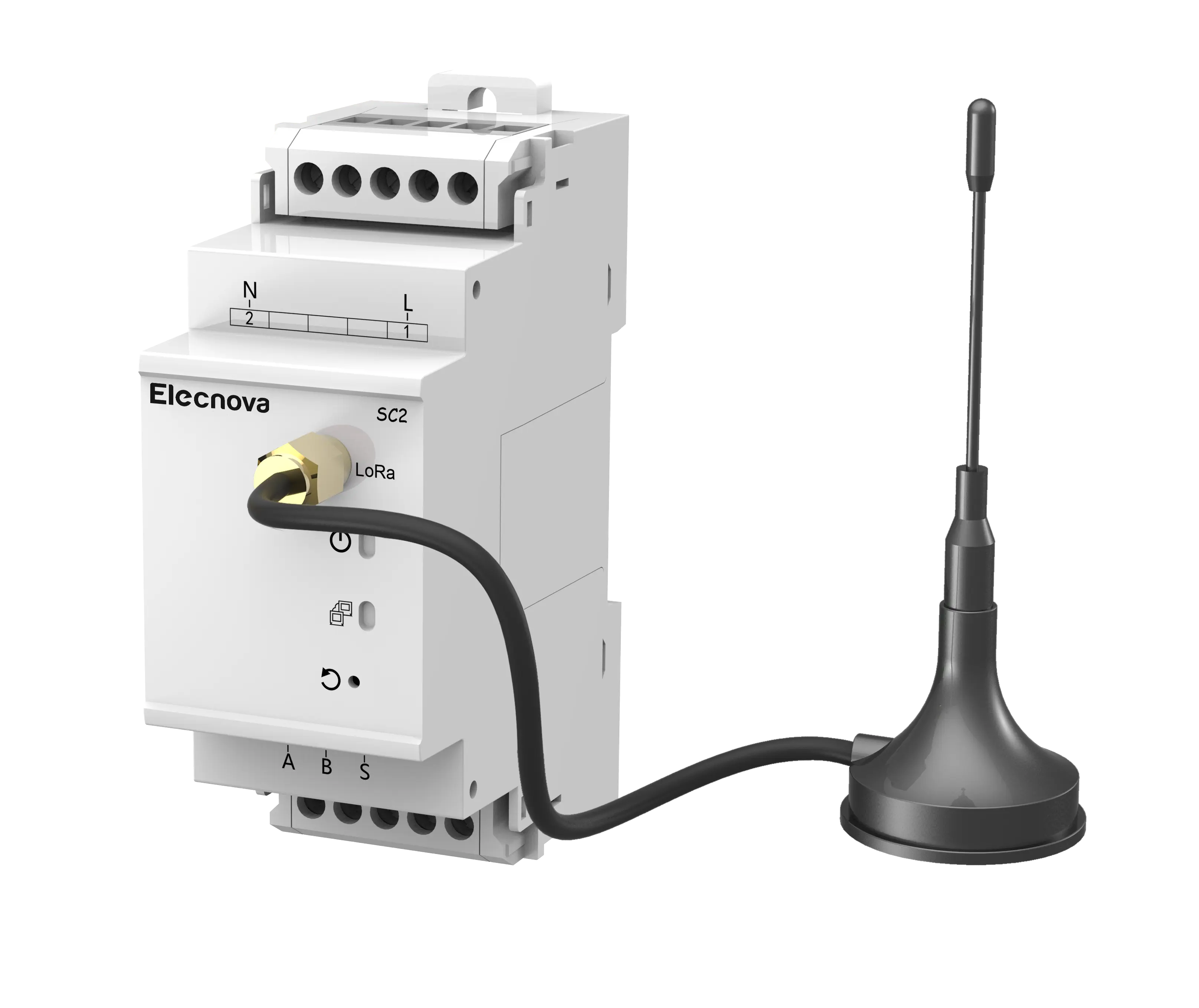
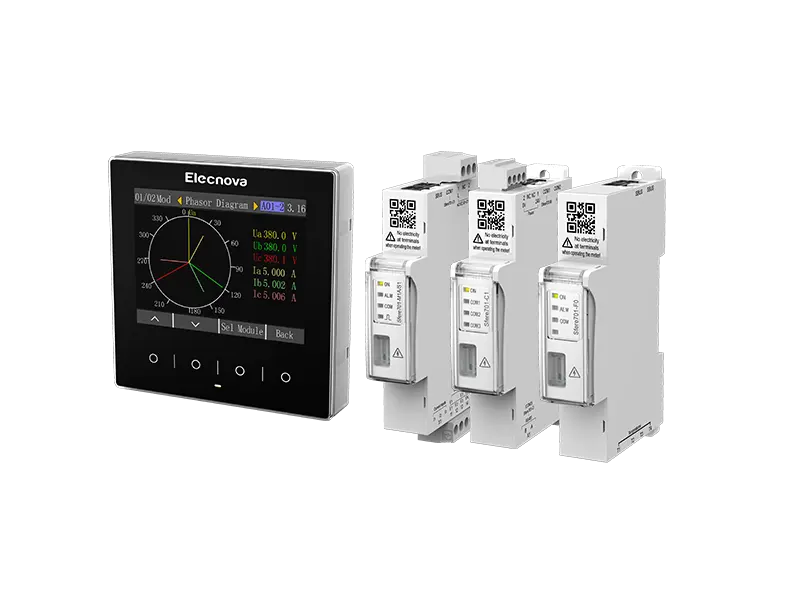
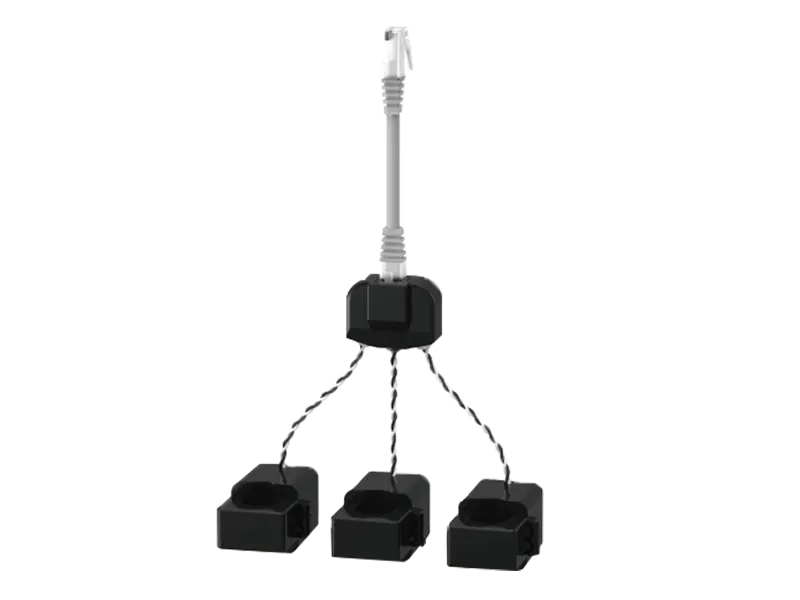
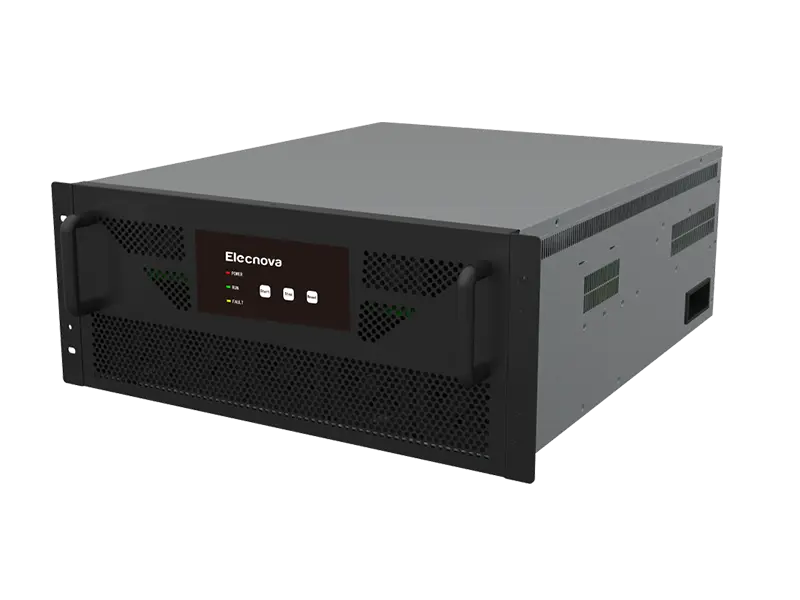
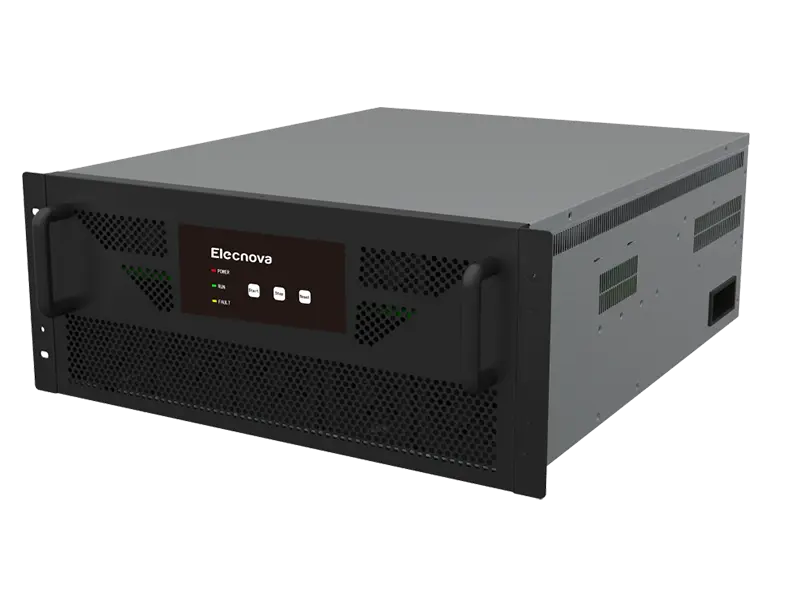

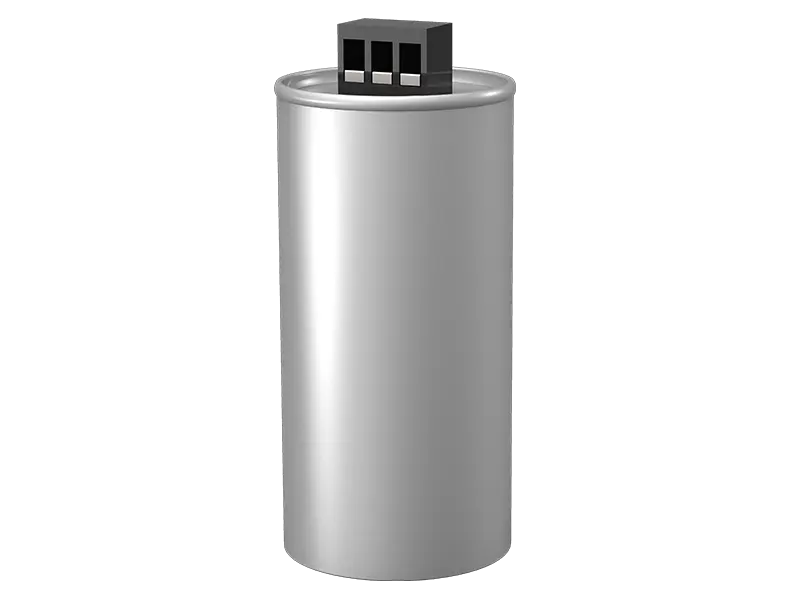
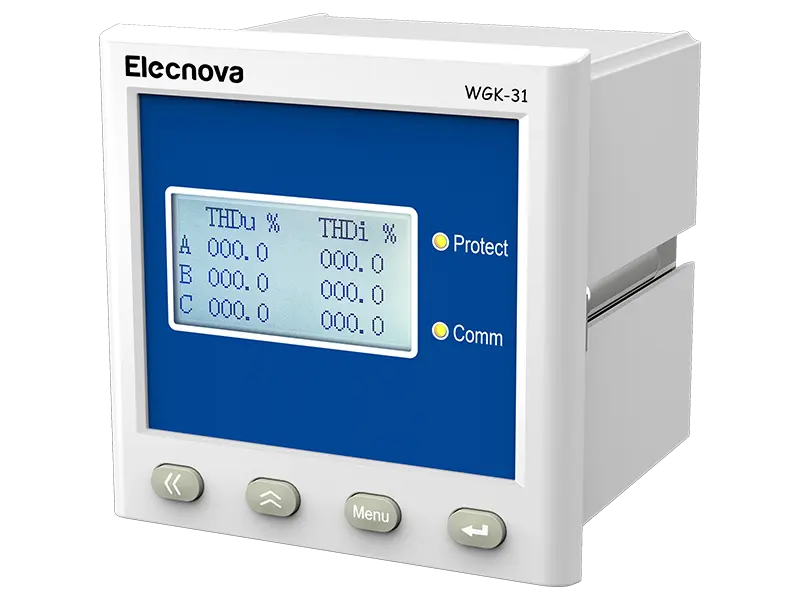
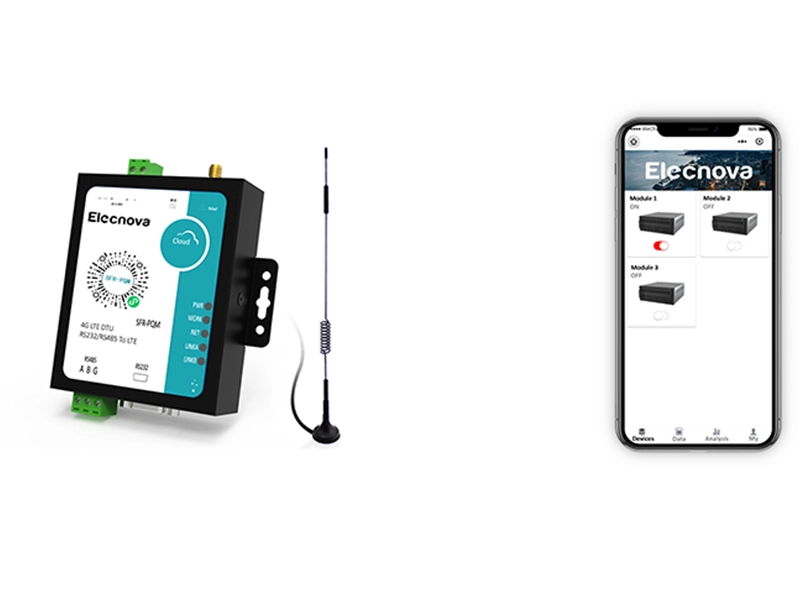
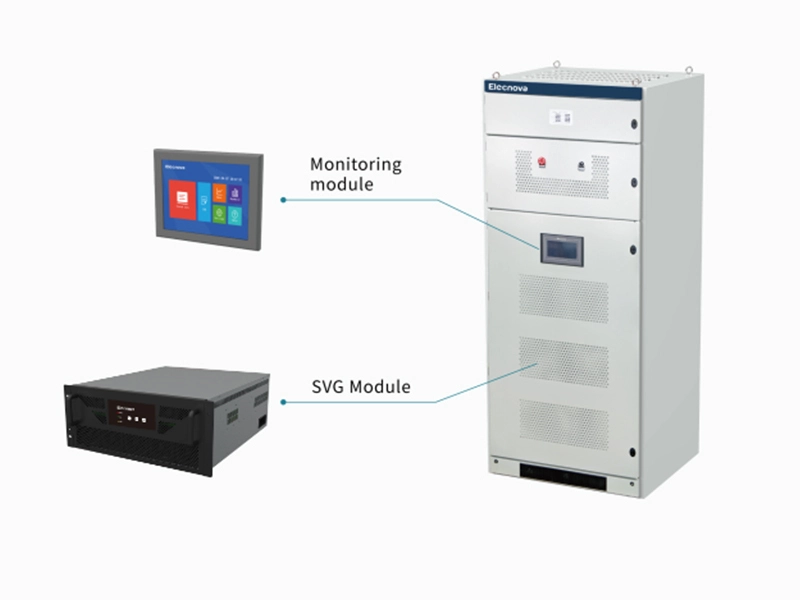
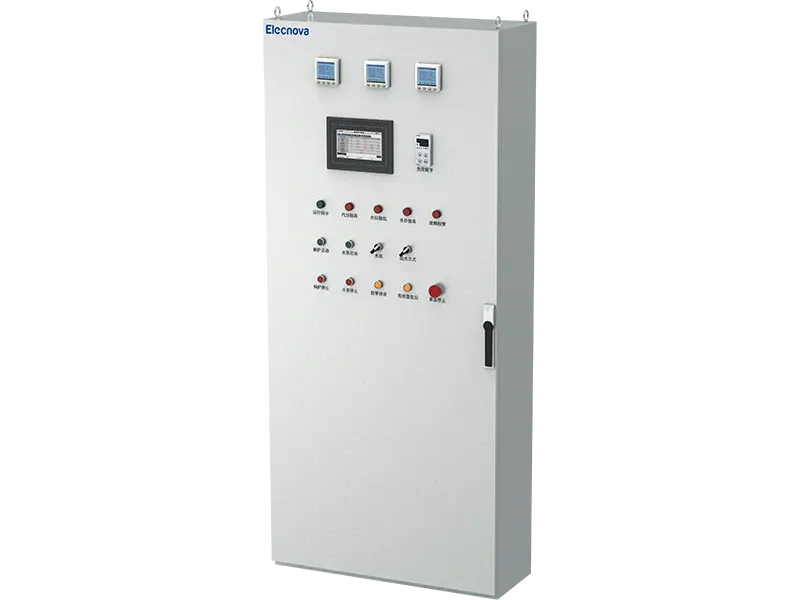
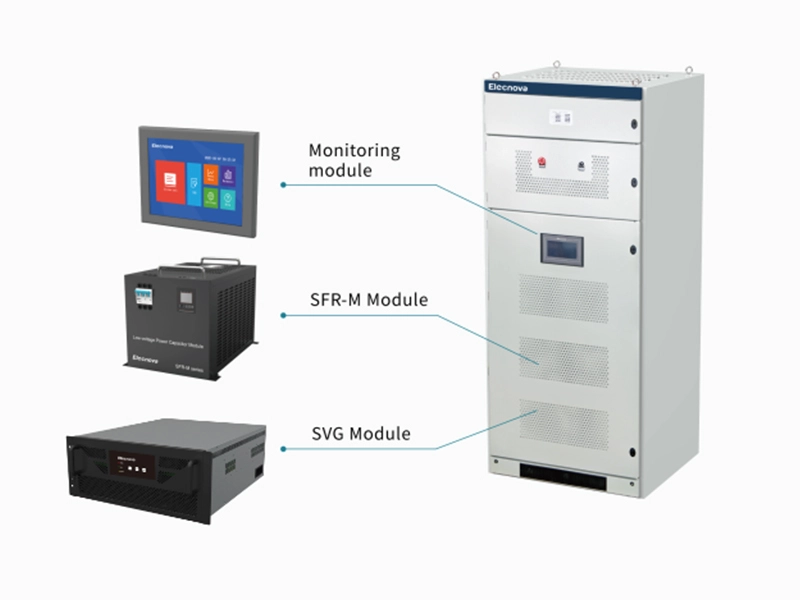
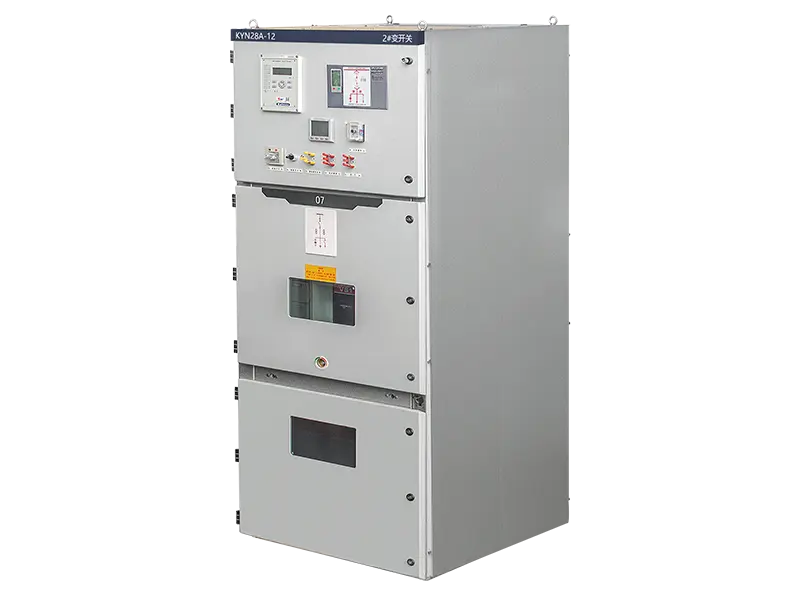
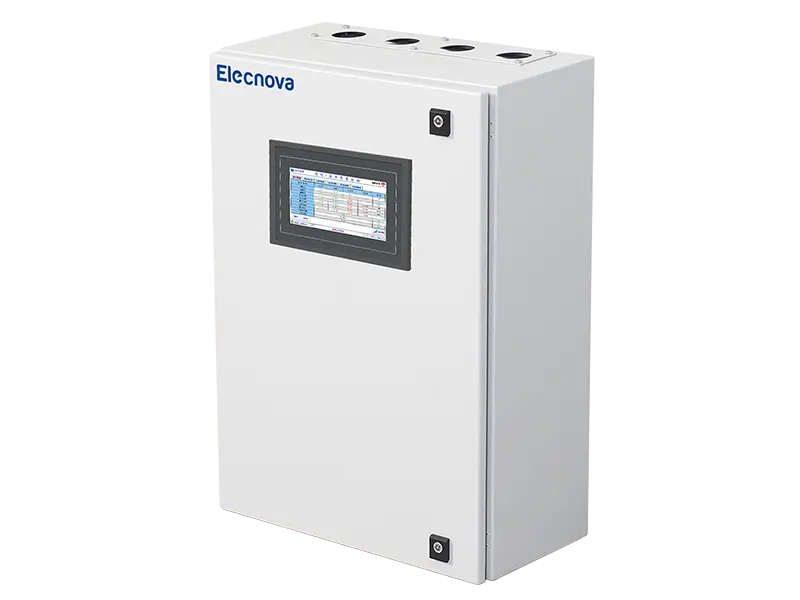
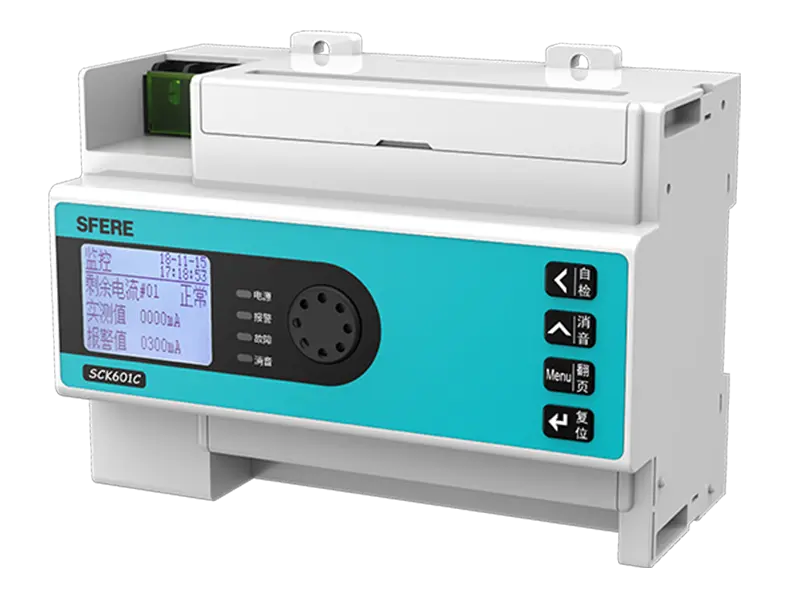
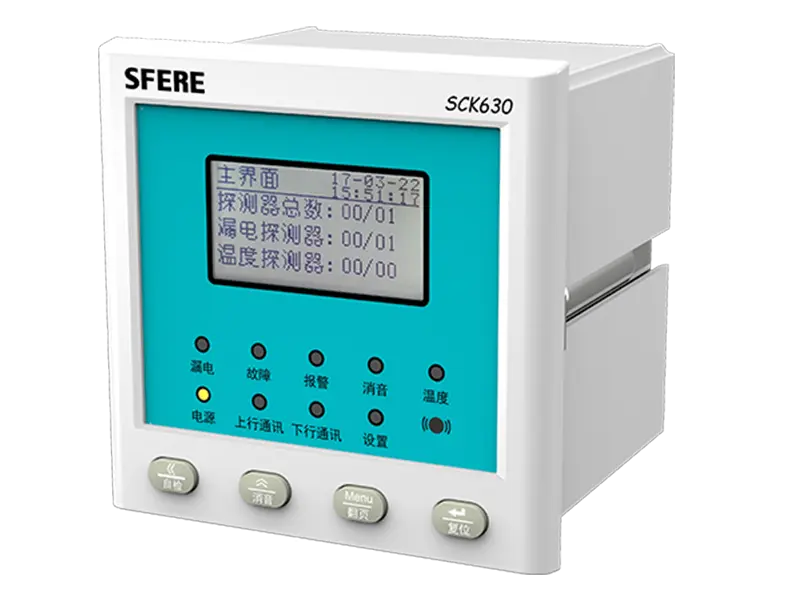
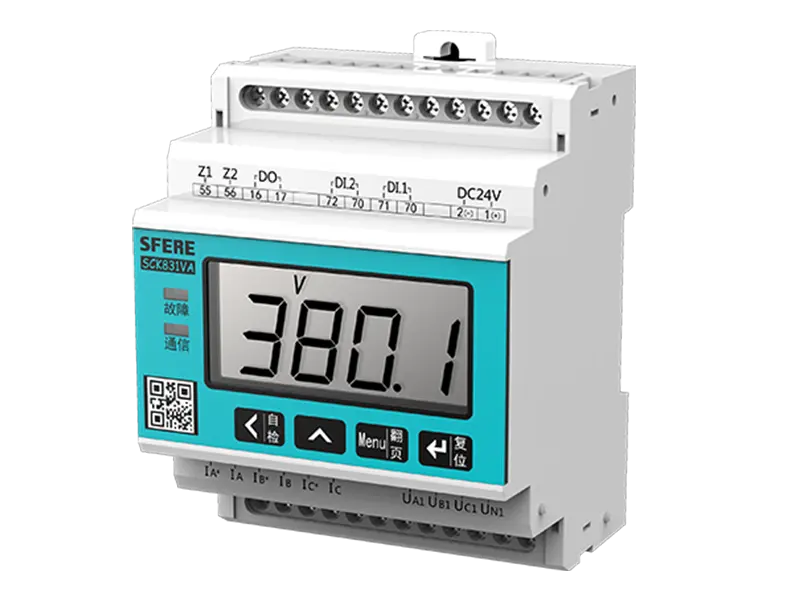
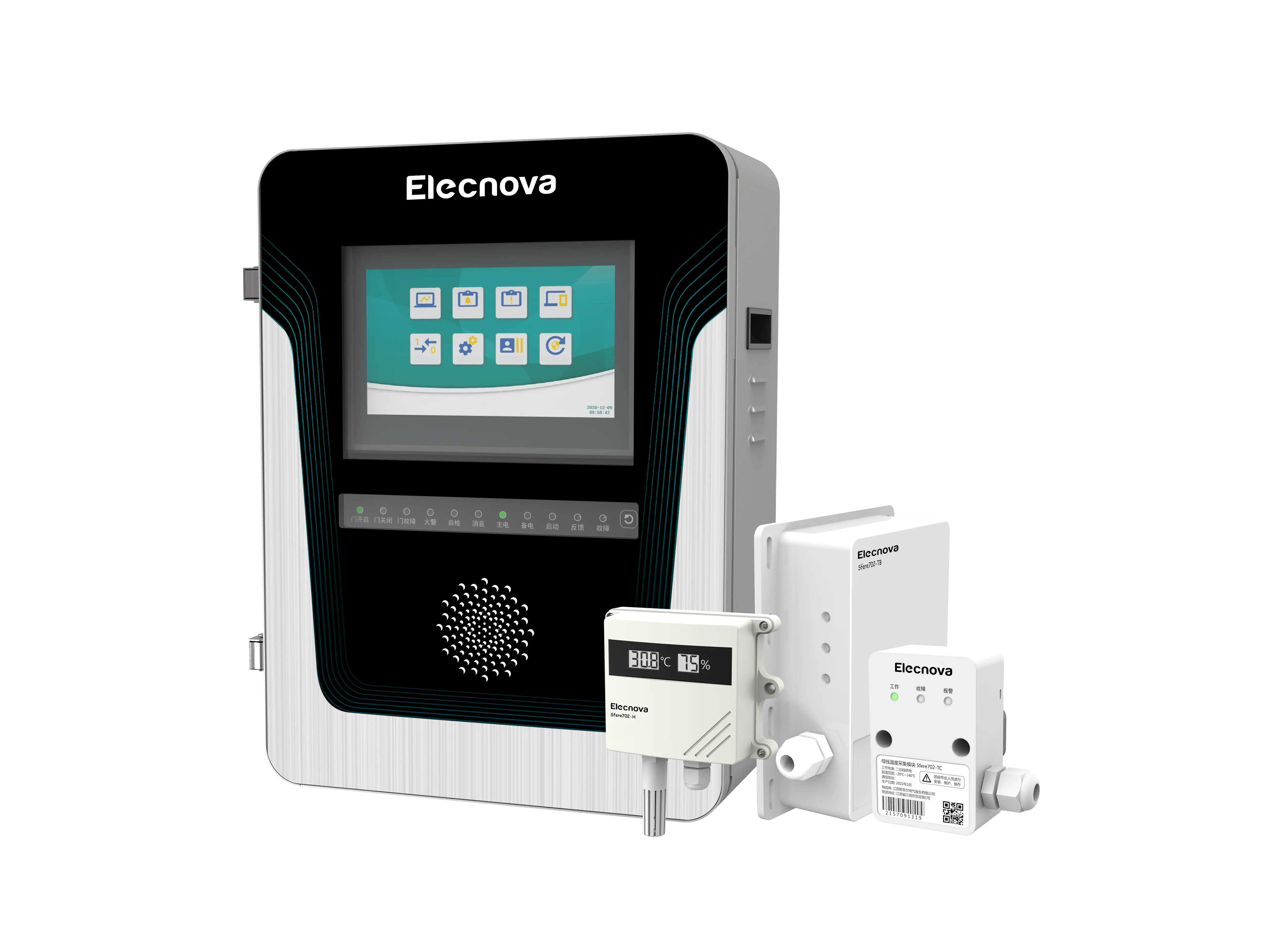

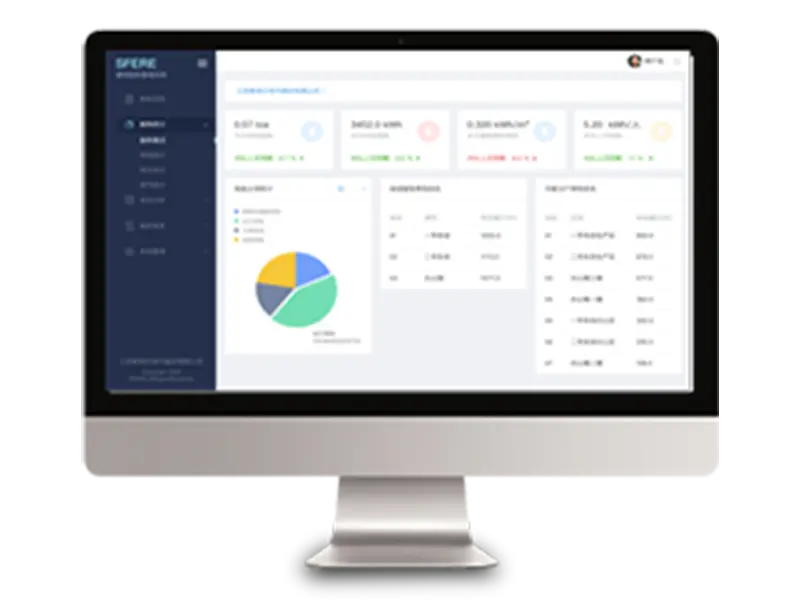
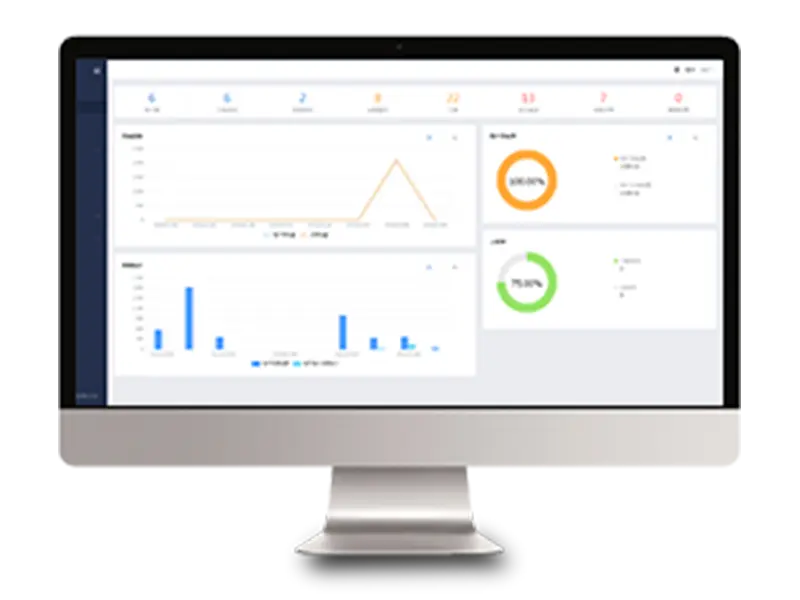
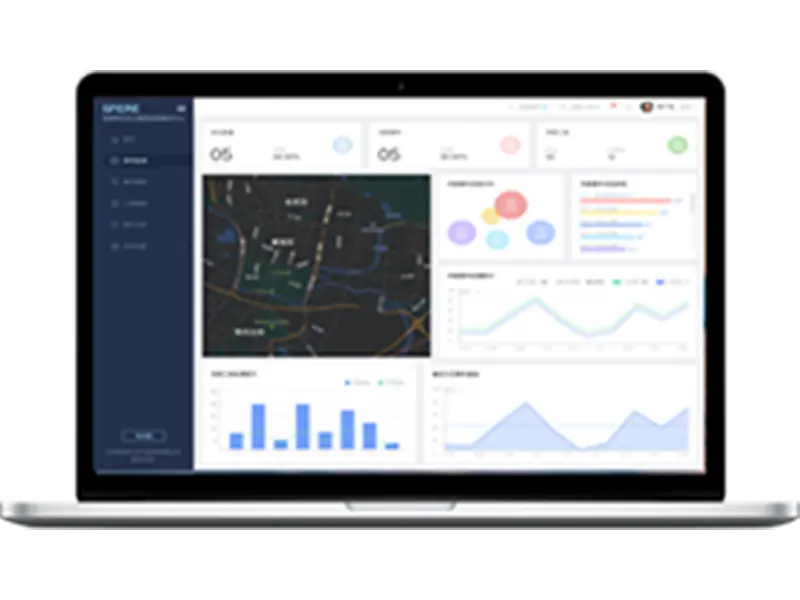
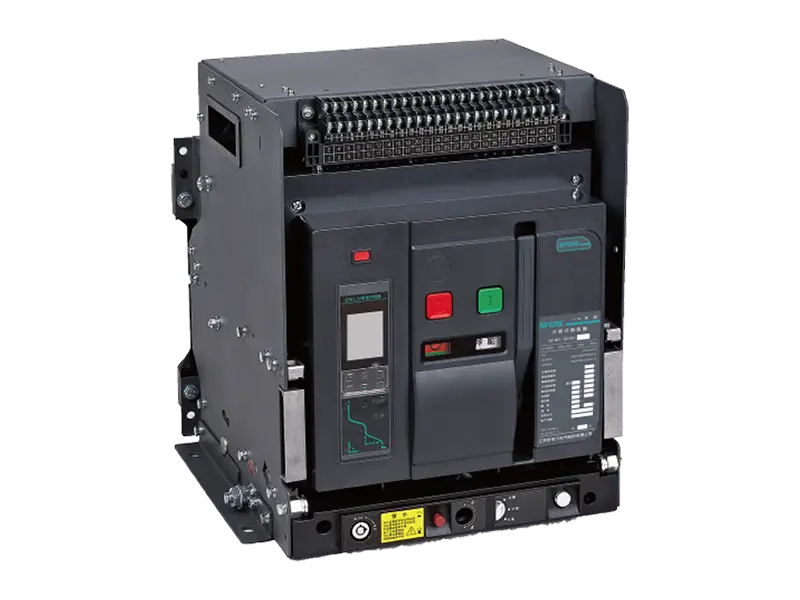
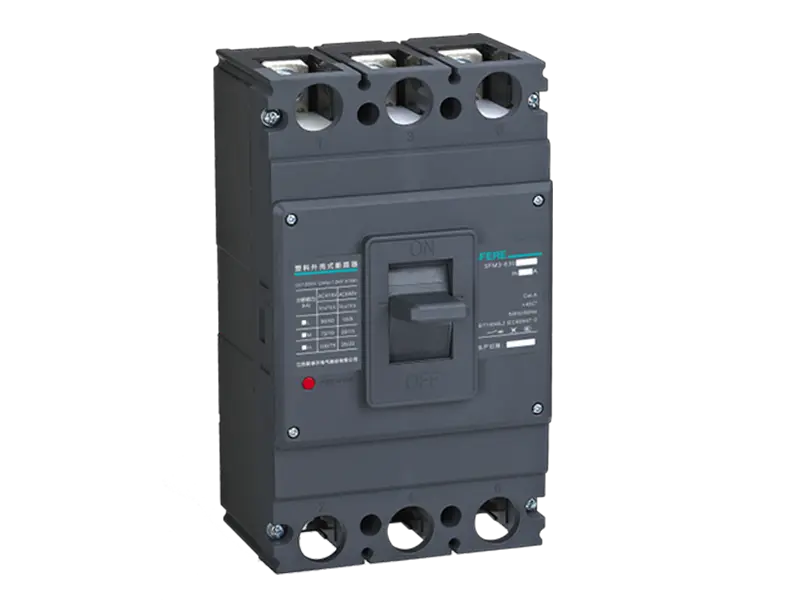
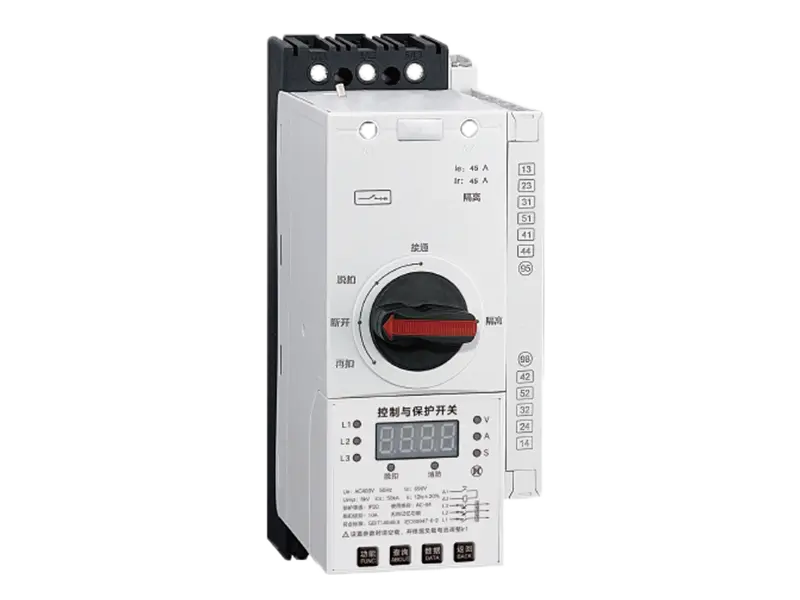
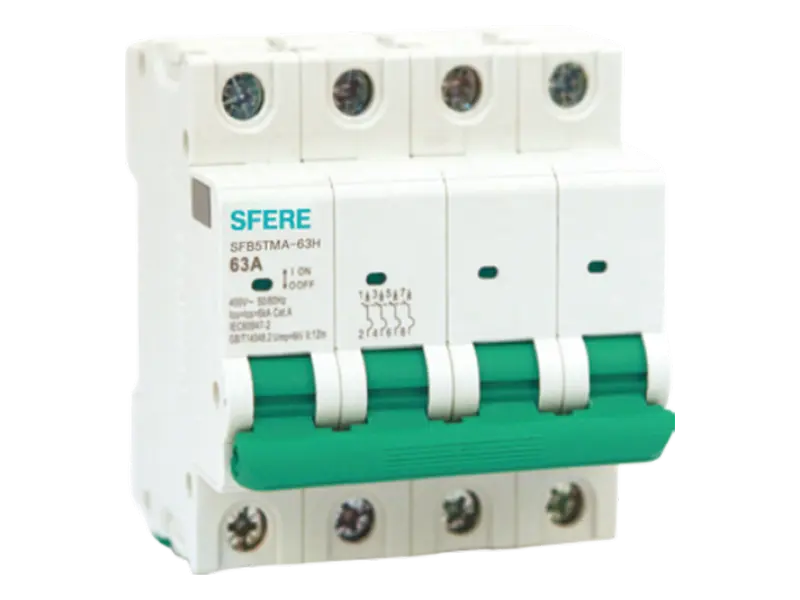


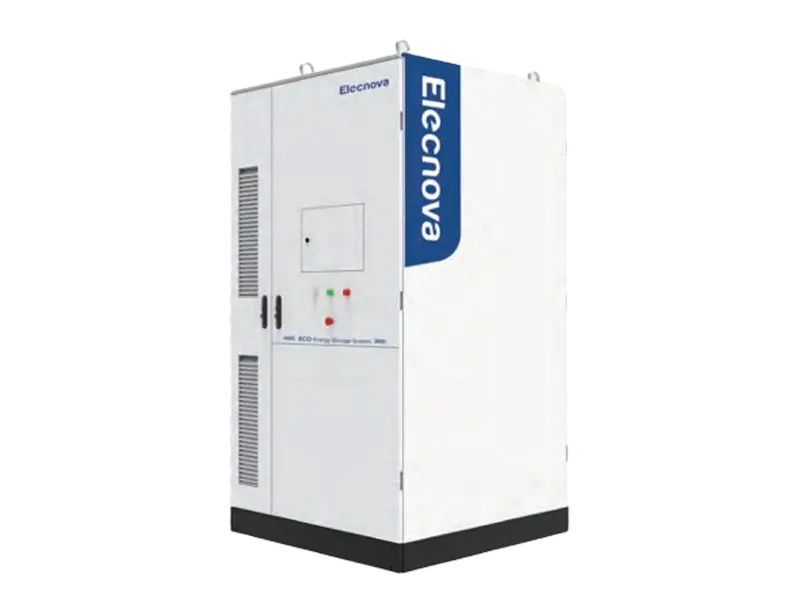
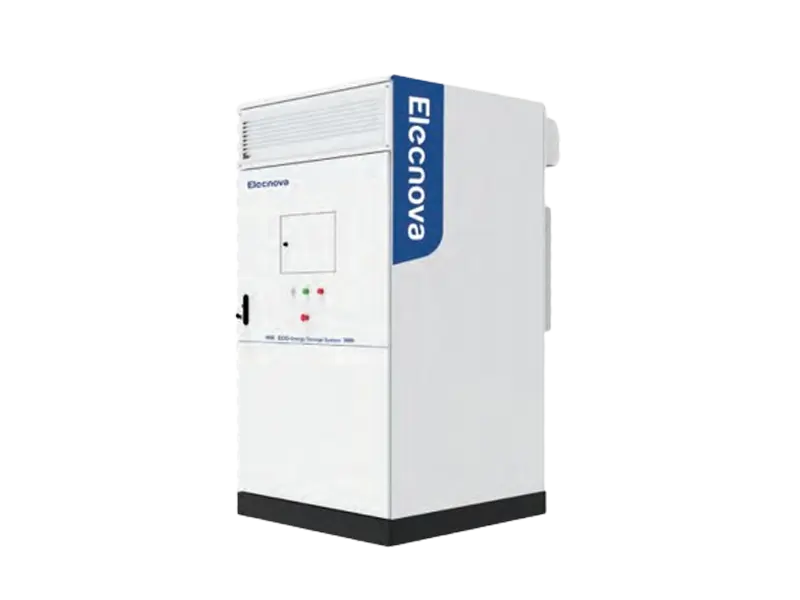
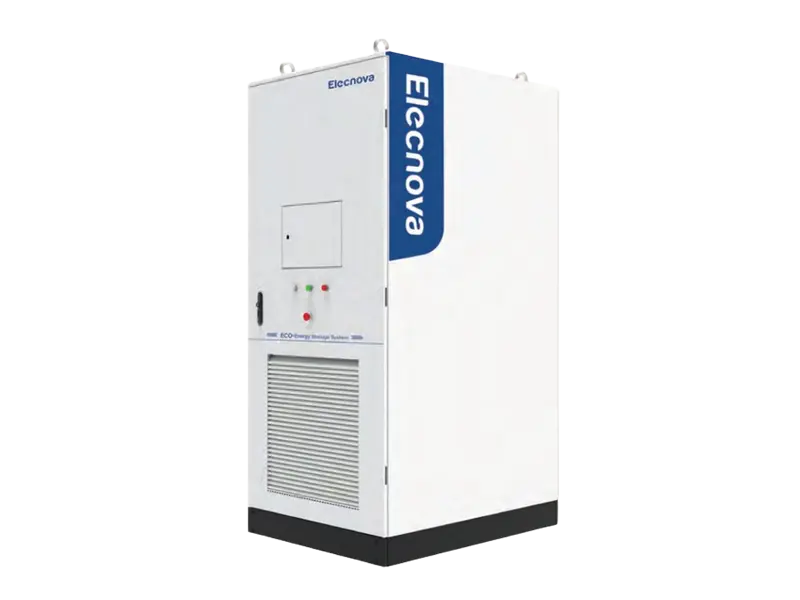

 CN
CN EN
EN
 fr
fr  de
de  es
es  it
it  ru
ru  ar
ar  vi
vi  tr
tr  th
th 


